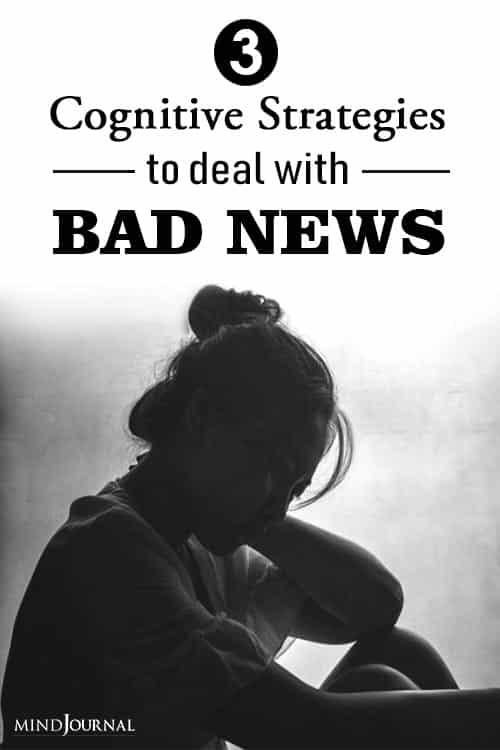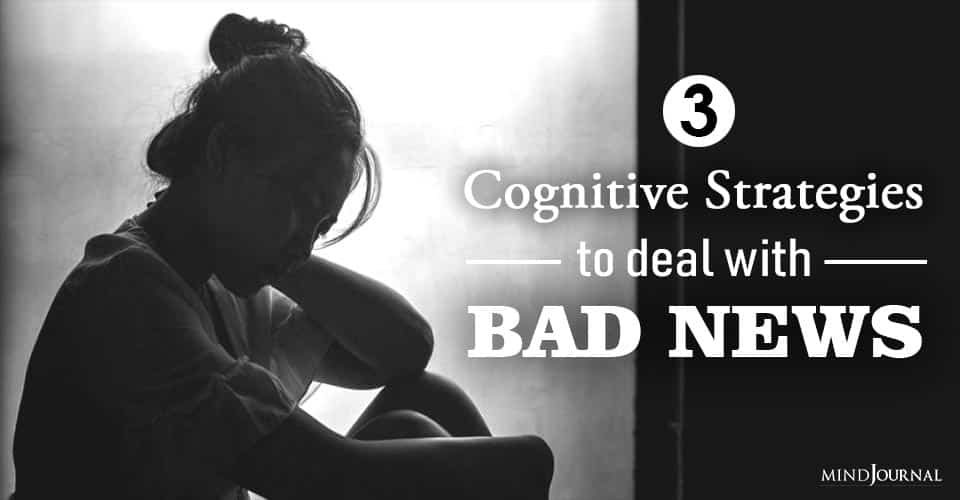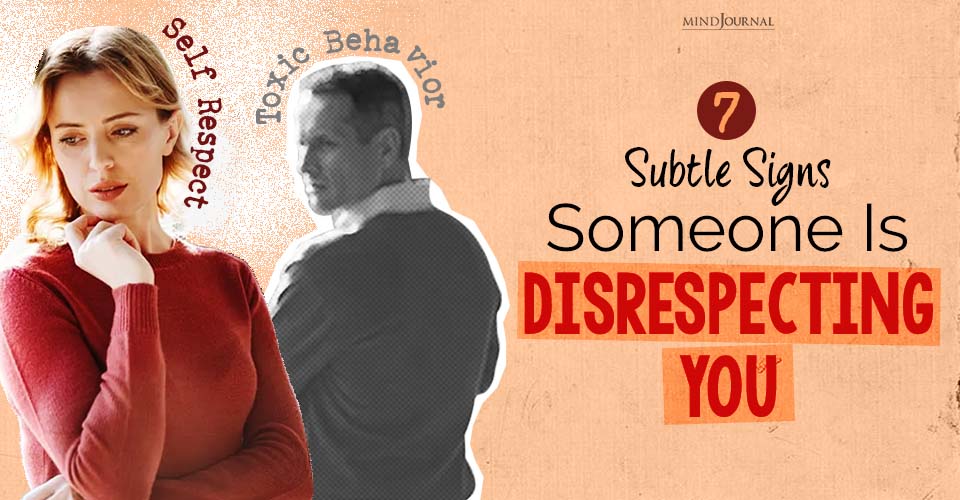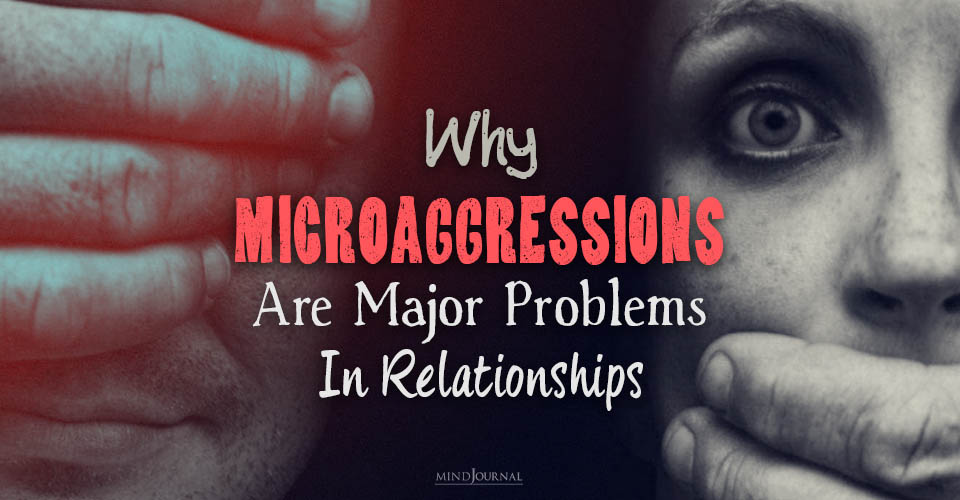Bad news is never welcome, and nobody will ever say that they look forward to having bad news. Can bad news ever be avoided or escaped from? Of course not! But, if you change the way you deal with bad news, you will find it easier to cope with it. It might still bother you, but you will be better equipped to handle it.
Imagine: Your house has been burgled. You’ve been fired. Your partner cheated or walked out on you. You’ve been diagnosed with a life-changing condition…
Bad news can leave us in a state of dread and despair. It seems like our whole world is falling apart, almost as if we’re being driven into the ground. We fear the very worst and cannot get it out of our mind, or gut. Often, there are other emotions mangled in, like anger, guilt, despair, betrayal, and love.
Bad news: we’ve all had it, and we’re all going to get it.
So, how best to cope?
I’m going to give you three cognitive strategies that I picked up from the Stoic philosophers—who, in the second century, could count the Roman Emperor, Marcus Aurelius, among their ranks.
All three strategies aim, in one way or another, at generating perspective.
[While reading, hold a recent piece of bad news in the front of your mind, and consider how the strategies might or might not apply to your bad news.]
Here Are 3 Ways You Can Deal With Bad News
1. Contextualization
Try to frame the bad news, to put it into its proper context. Think about all the good things in your life, including those that have been and those that are yet to come. Remind yourself of all the strengths and resources—the friends, facilities, and faculties—that you can draw upon in your time of need. Imagine how things could be much, much worse—and how they actually are for some people. Your house may have been burgled. Yes, you lost some valuables and it’s all such a huge hassle. But you still have your health, your job, your partner.
Bad things are bound to hit us now and then, and it can only be a matter of time before they hit us again. In many cases, they are just the flip side of the good things that we enjoy. You got burgled because you had a house and valuables. You lost a great relationship because you had one in the first place. In that much, many a bad thing is no more than the removal or reversal of a good one.
Related: Buddha Quotes To Rejuvenate You With Positivity
2. Negative visualization
Now focus on the bad news itself. What’s the worst that could happen, and is that really all that bad? Now that you’ve dealt with the worst, what’s the best possible outcome? And what’s the most likely outcome?
Imagine that someone is threatening to sue you. The worst possible outcome is that you lose the case and suffer all the entailing cost, stress, and emotional and reputational hurt. Though it’s unlikely, you might even do time in prison (it has happened to some, and a few, like Bertrand Russell and Jeffrey Archer, did rather well out of it). But the most likely outcome is that you reach some sort of out-of-court settlement. And the best possible outcome is that you win the case, or better still, it gets dropped.
3. Transformation
Finally, try to transform your bad news into something positive, or into something that has positive aspects. Your bad news may represent learning or strengthening experiences, or act as a wake-up call, or force you to reassess your priorities. At the very least, it offers a window into the human condition and an opportunity to exercise dignity and self-control.
Maybe you lost your job: time for a holiday and promotion, or a career change, or the freedom and fulfillment of self-employment. Maybe your partner cheated on you. Even so, you feel sure that he or she still loves you, that there is still something there. Perhaps you can even bring yourself to understand his or her motives. Yes, of course, it’s painful, but it may also be an opportunity to forgive, to build a closer intimacy, to re-launch your relationship—or to go out and find a more fulfilling one.
You’ve been diagnosed with a serious medical condition. Though it’s terrible news, it’s also the chance to get the treatment and support that you need, to take control, to fight back, to look at life and your relationships from another, richer perspective.
Related: 8 Ways To Cultivate Resilience In Yourself During Tough Times
In the words of John Milton: “The mind is its own place, and in itself can make a heaven of hell, a hell of heaven.”
Neel Burton is author of Heaven and Hell: The Psychology of the Emotions and other books.
For more, visit Neel Burton’s website now.
Written By Neel Burton
Originally Appeared In Psychology Today
Yes, bad news is always annoying, painful, or simply an inconvenience. But if you keep on focusing on it’s negativity, you are going to feel worse with every passing minute. The moment you use the methods of contextualization, negative visualization and transformation to deal with bad news, you will find it easier to move on from it. Try it out, and see the difference for yourself!













Leave a Reply
You must be logged in to post a comment.